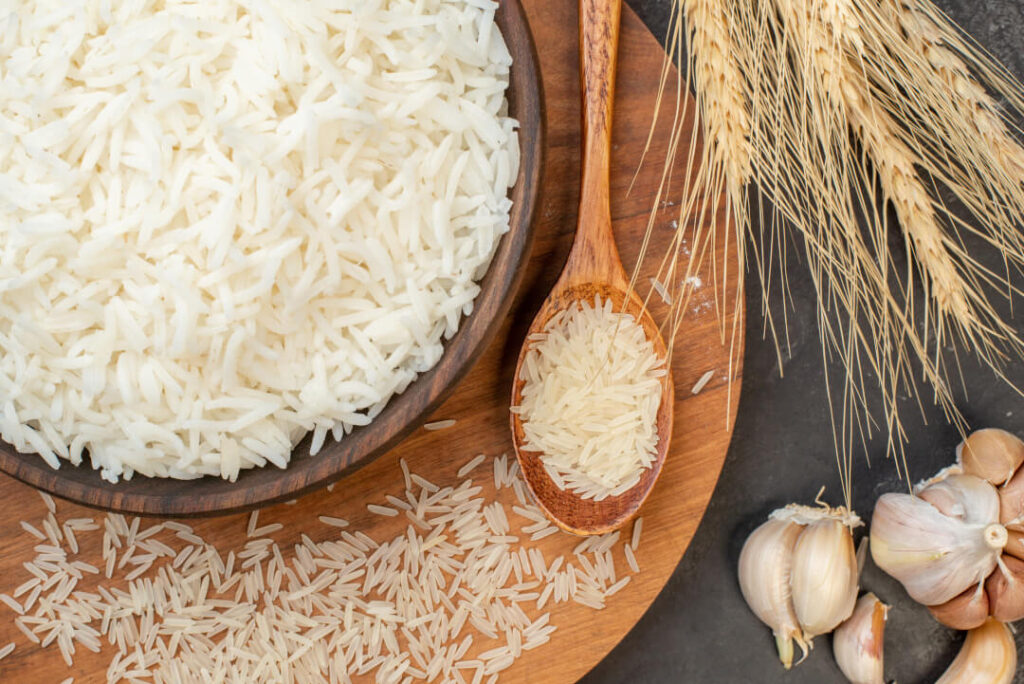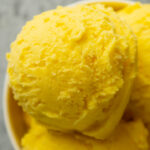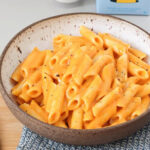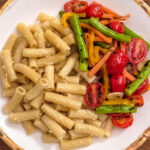When it comes to building a vegan diet, many individuals turn to plant-based staples like rice for its versatility, affordability, and nutritional value.
But is rice truly vegan?
Let’s delve into this question and explore alternative options for those following a vegan lifestyle.
Rice, a staple food for billions of people around the world, is generally considered vegan-friendly.
It’s a plant-derived grain harvested from the rice plant, making it inherently free from animal products.
Whether it’s white rice, brown rice, jasmine rice, basmati rice, or any other variety, rice itself is suitable for vegans.
However, while rice in its pure form is vegan, the concern arises when it comes to flavored or processed rice products. Some pre-packaged rice mixes or flavored rice products may contain non-vegan additives or flavorings.
These could include ingredients like chicken broth, beef extract, or other animal-derived flavor enhancers.
Therefore, it’s essential for vegans to check the ingredients list carefully when purchasing flavored or processed rice products.
Opting for plain, unseasoned rice or rice products labeled as vegan is the safest choice to ensure adherence to a vegan diet.
But what if you’re looking for alternatives to rice or rice-based products? Fortunately, there are several vegan-friendly options available that provide similar taste, texture, and nutritional benefits:
- Quinoa: Often referred to as a “superfood,” quinoa is a complete protein source and an excellent alternative to rice. It’s gluten-free, versatile, and cooks relatively quickly, making it a favorite among vegans and non-vegans alike.
- Barley: Another nutritious grain, barley offers a chewy texture and nutty flavor similar to rice. It’s high in fiber, vitamins, and minerals, making it a healthy addition to soups, stews, salads, and pilafs.
- Bulgur: Made from cracked wheat kernels, bulgur is a staple in Middle Eastern cuisine. It’s quick-cooking and versatile, with a slightly chewy texture and a mild, nutty flavor. Bulgur is often used in salads, pilafs, and tabbouleh.
- Millet: Millet is a gluten-free grain that’s rich in nutrients like magnesium, phosphorus, and antioxidants. It has a slightly sweet flavor and a fluffy texture when cooked, making it a great substitute for rice in various dishes.
- Farro: Farro is an ancient grain with a chewy texture and a rich, nutty flavor. It’s high in fiber, protein, and vitamins, making it a nutritious choice for salads, soups, and grain bowls.
- Couscous (Whole Wheat): While traditional couscous is made from semolina wheat, whole wheat couscous is a healthier alternative that’s suitable for vegans. It cooks quickly and can be used as a base for salads, pilafs, and side dishes.
- Wild Rice: Despite its name, wild rice is not technically rice but rather the seed of a type of aquatic grass. It has a nutty flavor and a chewy texture, making it a popular choice for pilafs, stuffings, and soups.
In conclusion, while rice is generally considered vegan, it’s essential to be mindful of flavored or processed rice products that may contain non-vegan ingredients.

By opting for plain rice or rice products labeled as vegan, you can enjoy this versatile grain as part of a balanced vegan diet.
Additionally, exploring alternative grains like quinoa, barley, bulgur, millet, farro, couscous, and wild rice can add variety and nutrition to your meals while staying true to your vegan values.








